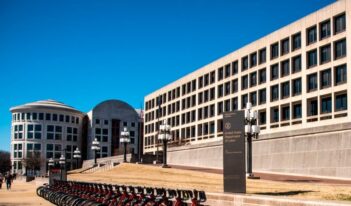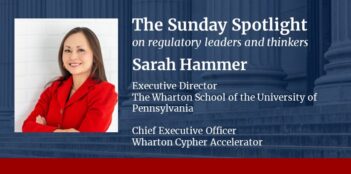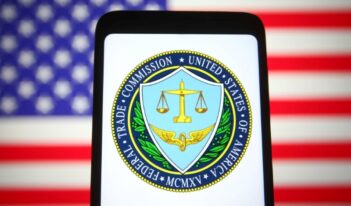Raising Questions About a Carbon Tax
Policymakers should more carefully consider the challenges to implementing a carbon tax.
Labor Department Proposes New Definition of Fiduciary
The new rule would impose fiduciary duties on financial professionals in additional circumstances.
The Future of the European Union’s Migration and Asylum System
EU member states seek to unify their response to increased asylum seeker arrivals.
Week in Review
FCC proposes mandatory blocking of spam texts, the IRS pilots free tax filing program, and more…
Regulating Fuel Efficiency in Fantasyland
Congress should allow NHTSA to consider electric vehicles and credit trading when setting fuel standards.
Trump’s Deregulatory Failures
Scholar argues that President Trump’s deregulatory agenda was not successful in the long term.
Regulating Legal Tech to Increase Access to Justice
Scholar proposes a national regulatory system to ensure the equitable use of legal technology.
Decoding Crypto Currency and AI Regulation
Sarah Hammer discusses emerging policy questions surrounding advances in AI and cryptocurrency.
Securing Nations Against Climate Change
Scholars discuss regulatory climate change solutions in the context of national and global security.
Week in Review
The FCC issues rules to improve broadband access protections, FDA proposes broader data collection on orthopedic devices, and more…
How the FTC Could Regulate Algorithmic Discrimination
Scholars argue that the FTC can apply its existing authority to combat discriminatory AI.
The Mining Mania That Threatens Native Nations
Experts point to the adverse effects of expanded mineral mining on and near tribal lands.











